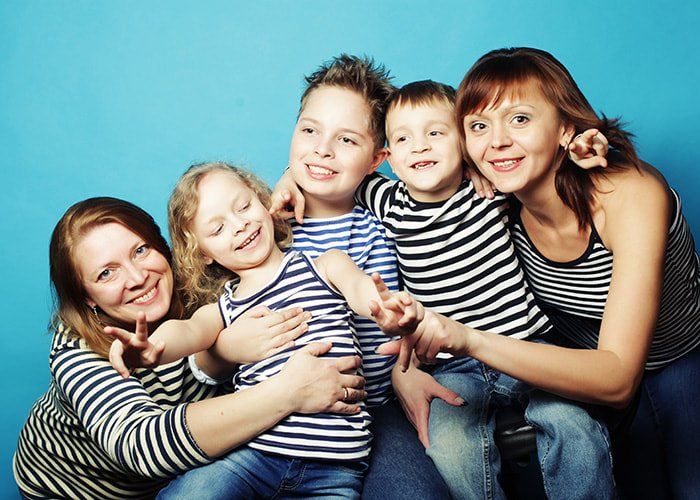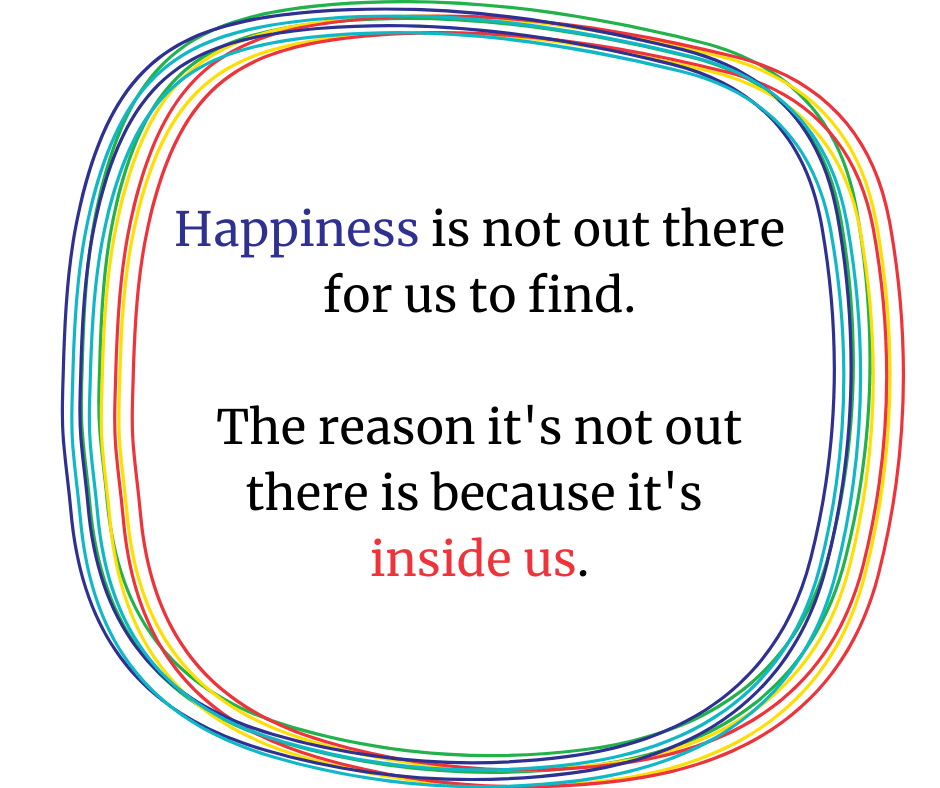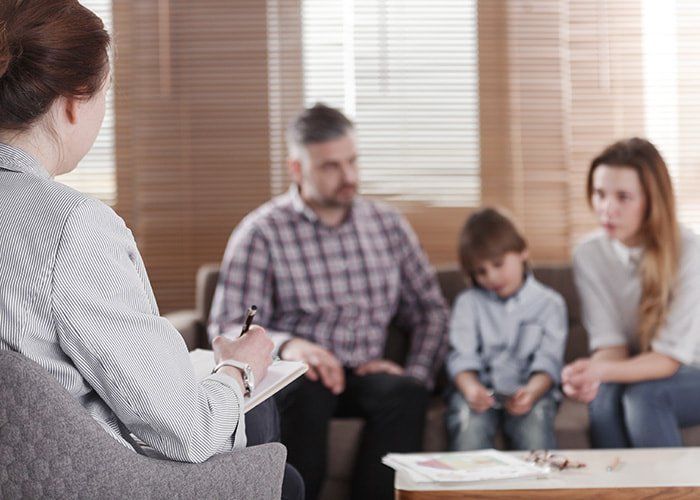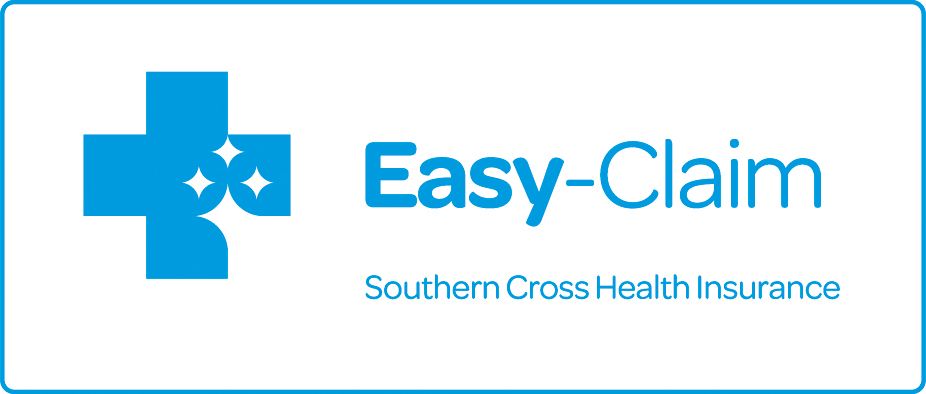Child, teenager,
parent & family therapy
New therapy appointment slots open now
Everyone’s mental well-being journey is personal. We are here to guide you with the approach that works best for you and your whānau.
Our team of therapists use evidence based techniques to provide assessment and support for children, young people and their whānau.
We find that challenges faced by children and young people often require input and change that involves the whole family unit. Clients usually have a combination of parent sessions, child-only sessions and family sessions to ensure the whole whānau are working together to live their best lives.
Areas of Therapeutic Expertise
Our team of Therapeutic Psychologists and Psychotherapists have experience in all areas of mental health including:
- Anxiety and depression
- Challenging behaviour
- Neurodiversity including ASD and ADHD
- Attachment and family relationship challenges
- Compulsive type behaviours e.g., gaming and other addictions
- Trauma
- Post traumatic stress disorder
- Grief
- Identity considerations
- Building resilience and well-being
- Mood related difficulties
- Familial and systemic concerns
- Developmental delays
- Distress tolerance and emotional regulation


Therapeutic Techniques
Our therapists work with each client to find a solution that works best for both your child and your whānau. They draw on a range of evidence-based techniques and approaches including:
- Cognitive behaviour therapy
- Strengths-based therapy
- Interactive drawing therapy
- Sand play therapy
- Conflict resolution
- Solution-focused cognitive behavioural therapy
- Dialectical behavioural therapy
- Movement therapy
- Family systems therapy
- Brief solutions focused therapy
- Attachment based therapy
- Psychoanalytic psychotherapy
Meet our Therapy Team
Our qualified Psychologists and Psychotherapists are all professionally registered. They regularly undergo professional development and training to ensure they stay on top of new research and developments.



